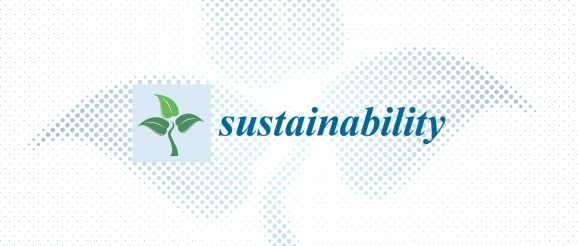Sustainability | Free Full-Text | Eco-Innovation in New Energy Vehicle Supply Chains under Government Subsidies

The pressure to reduce emissions has induced the government to provide subsidies to urge eco-innovation in the new energy vehicle industry. Although the giving of such subsidies to the new energy vehicle industry has been practiced for a long time, few studies consider how the subsidy policies affect social welfare and the manufacturers’ profits and eco-innovation levels in the presence of the technology gap and the spillover effect. This paper fills the gap in the literature by studying two competitive supply chains consisting of two manufacturers and two retailers. Under three different subsidy policies, we derive the equilibrium outcomes. We find that, as the technology gap increases, the eco-innovation level of the leader increases, whereas the eco-innovation level of the follower decreases. We further investigate the conditions under which subsidy policy is better from the perspective of eco-innovation levels, firms, and social welfare. Specifically, under the centralized setting, the social welfare is lower with the unit production subsidy than with the green technology investment subsidy when the technology gap is low.
